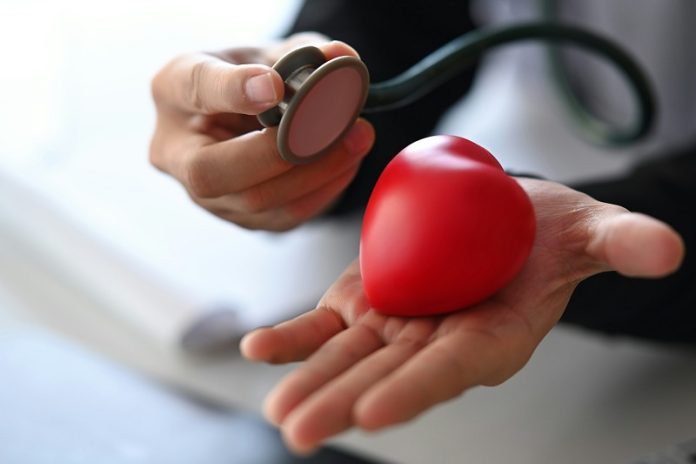
A recent study from Mount Sinai reveals that after a heart attack, the heart signals the brain to increase sleep, helping the heart recover and reducing inflammation.
This communication between the heart and brain—working through the immune system—could be crucial for heart healing after a major cardiovascular event.
This study, published on October 30 in Nature, shows for the first time how the heart and brain coordinate to promote rest after a heart attack.
Lead researcher Dr. Cameron McAlpine from Mount Sinai explains that following a heart attack, the brain undergoes significant changes, increasing both the need and drive for sleep to aid recovery.
These findings highlight the importance of restful sleep in managing heart health, especially for patients recovering in hospitals, where sleep is often disrupted.
The researchers began their work with mouse models. Half of the mice were given heart attacks, and researchers monitored their sleep patterns using implanted devices to record brain activity.
They discovered that after a heart attack, mice experienced three times more slow-wave sleep—a deep sleep stage with slow brain waves that’s essential for recovery. This increase lasted about a week after the heart attack.
In the brains of these mice, immune cells called monocytes were drawn from the bloodstream to the brain, where they released a protein called tumor necrosis factor (TNF).
This protein activated neurons in the thalamus, a brain area linked to sleep control, causing the observed increase in sleep. Importantly, this process only occurred in mice with heart attacks.
The team then experimented by blocking TNF signals in the brain’s thalamus, finding that the brain uses these signals to help the heart heal, easing stress and decreasing inflammation.
When sleep was disrupted in some of the heart-attack mice, their hearts faced more stress, inflammation increased, and recovery slowed down compared to the mice with normal sleep. This suggests that sleep after a heart attack isn’t just a byproduct of healing—it’s essential to it.
Following these animal studies, the team looked at human data. They analyzed the immune cells in the brains of patients who had experienced a heart attack, finding an increase in monocytes similar to that seen in the mice.
The researchers also monitored the sleep of over 80 heart attack patients for four weeks and followed their recovery over two years.
They found that those who slept poorly shortly after their heart attack had a higher risk of future cardiovascular events, while those who slept well showed significant heart function improvement.
In another study, they examined the effects of restricted sleep on healthy adults. For five weeks, half of the group slept the recommended seven to eight hours each night, while the other half restricted their sleep by about 1.5 hours nightly.
The sleep-restricted group showed stress and inflammation responses in their blood similar to those seen in the mice after disrupted sleep, indicating that even short-term sleep loss can have significant effects on heart and immune health.
Dr. McAlpine believes these findings reveal a new way that the heart and brain work together to regulate sleep, emphasizing the need for restful sleep as part of heart attack recovery.
Michelle Olive, Ph.D., from the National Institutes of Health, agrees, noting that this research opens potential paths for improving cardiac care by prioritizing sleep during rehabilitation.
Overall, this study sheds light on the critical role of sleep after heart attacks, suggesting that encouraging sleep as part of post-heart-attack care could help patients recover faster and reduce the risk of further heart issues.
Future clinical studies will be important to confirm these results and integrate sleep management into standard heart care.
If you care about heart health, please read studies about top foods to love for a stronger heart, and why oranges may help fight obesity, diabetes, and heart disease.
For more health information, please see recent studies about simple guide to a 7-day diabetes meal plan, and why you should add black beans to your plate.
The research findings can be found in Nature.
Copyright © 2024 Knowridge Science Report. All rights reserved.



